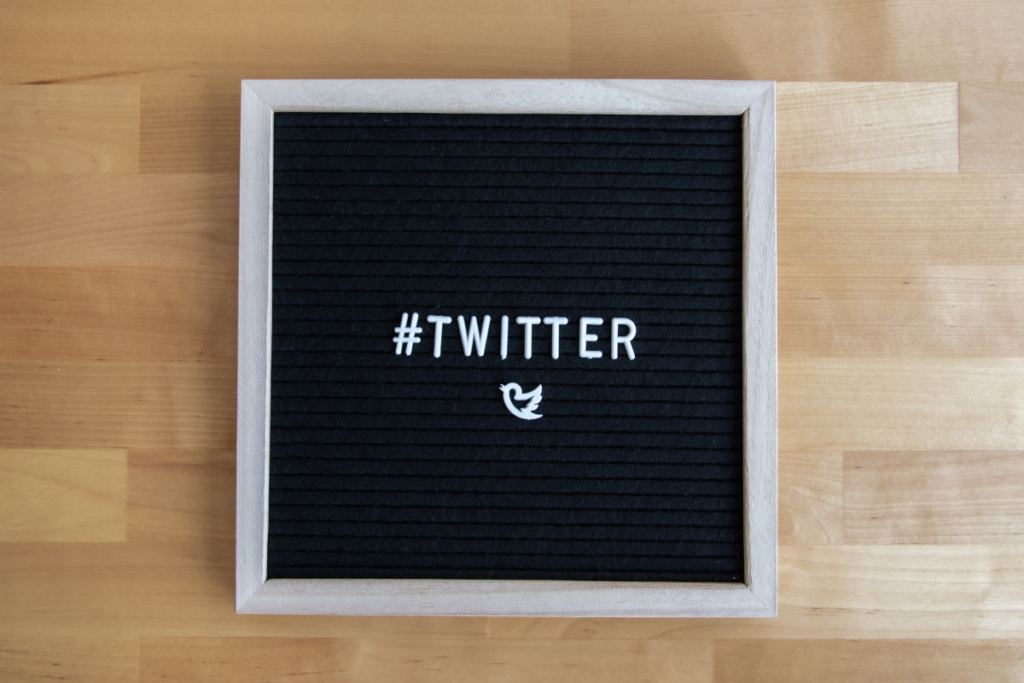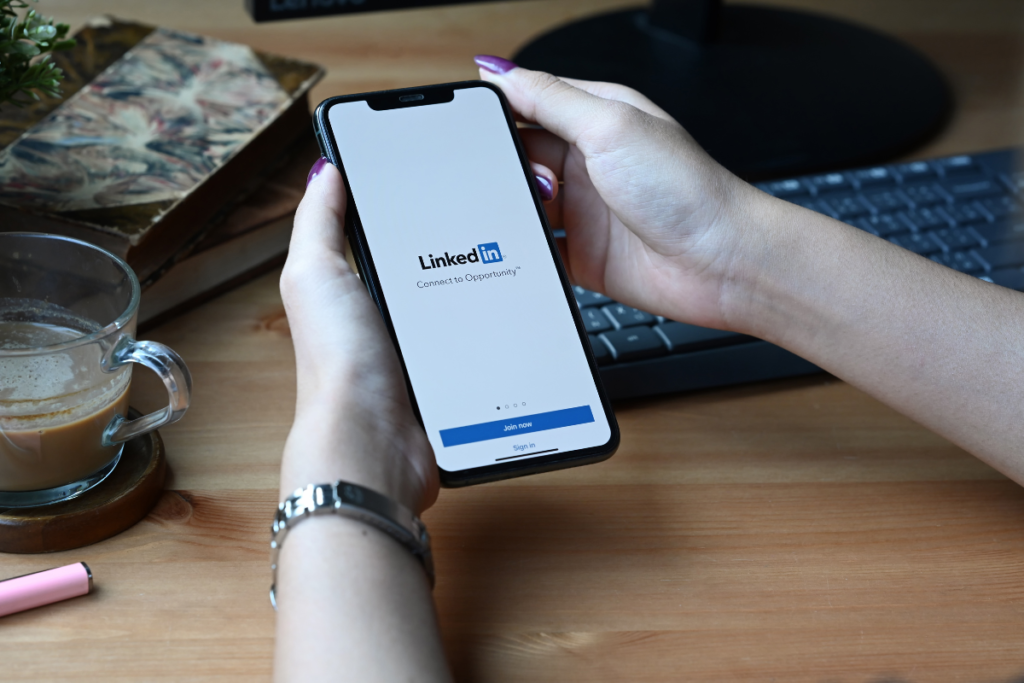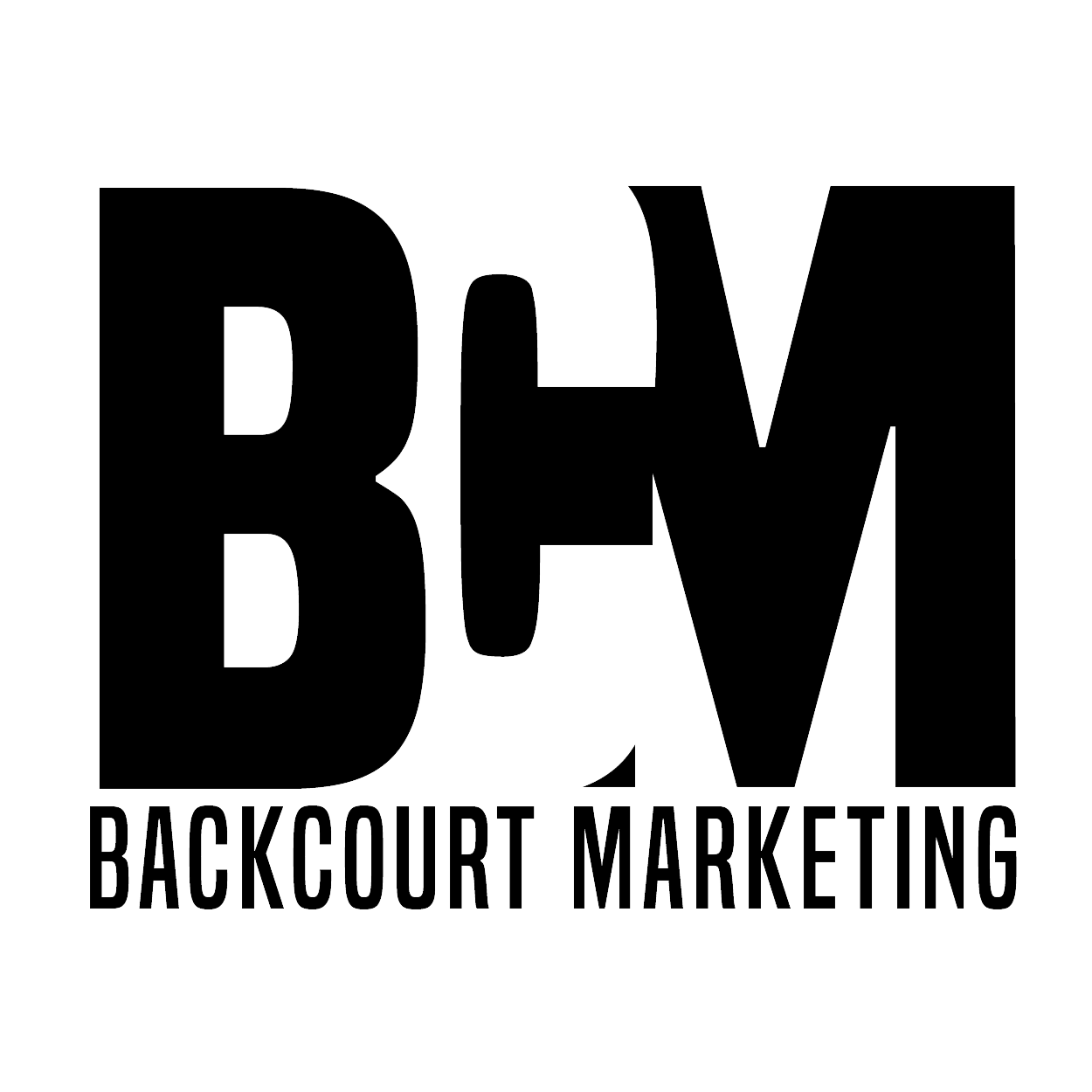With so many different major social media platforms, it can be tough to figure out which platforms would work best for your business. To find out which social media platform you should focus on, look for which platform your target audience uses most. Then, focus the bulk of your efforts on that platform.
Social media marketing is not a ‘one size fits all’ marketing strategy. Let’s start by looking at some statistics about each major social media platform to help you decide which ones you should dedicate your efforts toward.
1. Facebook

Facebook is the largest social media platform with 3 billion users worldwide. It allows users to set up a business page for free, however, growing that page typically requires some form of investment into Facebook advertising.
People 65 years or older make up the fastest-growing audience on Facebook. Roughly 54% of Facebook users are female, while 46% are men.
Facebook is the main platform that people will look at to determine if a business is credible and active. For this reason, we highly recommend having a Facebook business page for your business to at least post major updates and include hours and other vital information that you would typically include on your Google My Business page. It will take time to grow your page organically, but those customers who are searching for you will use your Facebook Business page to find what they are looking for.
2. Instagram

Instagram is mobile-focused and is primarily a space for visual content, whether it be customized graphics or memes, or stunning photography. Over the last couple of years, Instagram has been a popular space for short videos through the addition of Stories and Reels.
Customers may come across your Instagram profile by searching through similar content by hashtags or keywords. This makes organic reach easier for businesses.
The main demographic of Instagram users consists of 18-29-year-olds, making up roughly 67% of the total users.
3. Pinterest

Pinterest is one of the most overlooked and underused social media platforms that can work as a great driver of traffic to your website. This platform works as a search engine, allowing your content to become viral even if it isn’t a recent post. Pinterest can drive traffic to other social media platforms, your blog, or your website. Many Pinterest users have a shopping mindset because they are looking for specific products to fit their personal interests. It makes discoverability easier for businesses with smaller niches.
4. Twitter

Twitter is a personal brand creator with users having a median age of 40 years. We do not typically recommend small businesses spend much time on Twitter. It is a better fit for big-name brands that frequently make announcements, news and media, public figures, and politics. Large businesses should consider Twitter as another outlet to provide customer support.
Twitter users are typically spending time on the platform to keep up with current events and find more newsworthy information. If your marketing strategy relies heavily on newsjacking, Twitter is an important space to stay relevant and jump on trending topics.
5. LinkedIn

LinkedIn is social media for professionals. This is not to say that you can’t be professional on other platforms, but the main focus for LinkedIn is to create a virtual network and to build your brand within your desired target audience. LinkedIn is the #1 B2B platform because it allows you to directly contact professionals in your industry. You can find your target audience by filtering with job titles, roles, and industries you need to connect with to grow your business. Backcourt Marketing helps professionals build their reputation and increase leads through LinkedIn.
Now that you are more familiar with social media platforms, we recommend choosing 1-2 outlets to truly focus on. The best social media platforms for your business will have the audience and format that will compliment your business’ needs the best.
Backcourt Marketing can help you create and execute a social media strategy that is customized to your business’ goals. Contact us for a 15-minute mini-marketing audit to make sure your social media profiles are truly working for your business.

